Amazon Coins: The Challenges Of A Developing Country
February 8, 2013 in Daily Bulletin

Amazon is planning to launch its own currency called Amazon coins. Matthew Yglesias argued that developmental economics helps provides some insight into why it’s doing this:
- Microsoft, Apple, Google and Amazon are trapped in a war of ecosystems. Apple has the advantage because it launched its app ecosystem before the other players in the game and so developers build apps for that ecosystem.
- In response to this Microsoft offers subsidies to particular developers who will build for its own ecosystems.
- This is similar to a centrally planned system as Microsoft picks the apps that it thinks consumers will demand.
- Amazon, on the other hand, announced with its system of coins that it would be giving out millions of coins for free.
- Thus they will artificially stimulate demand for apps. In anticipation of this demand, app developers have a reason to start building for the Amazon ecosystem.
- And where will Amazon get the money for this? By issuing debt. Its credit rating is so good that it can essentially borrow money for free to give a short term fiscal boost that ultimately turns its ecosystem into one that is self-sustaining.
Yglesias ends by noting that national governments could learn a thing or two from Amazon’s strategy. You should read the entire piece here.
Source: Slate


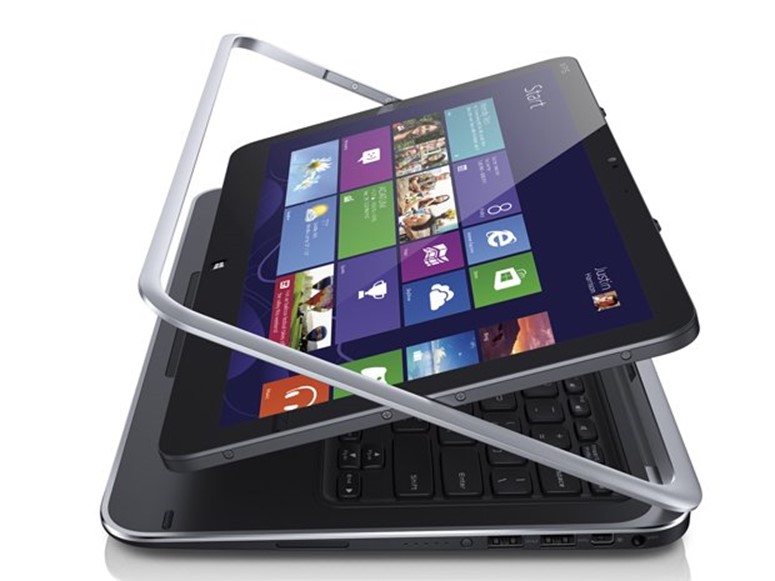
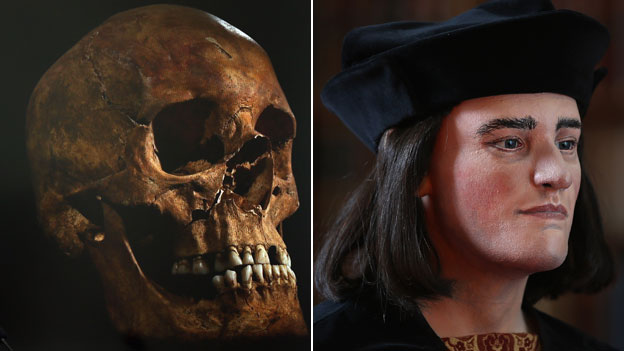

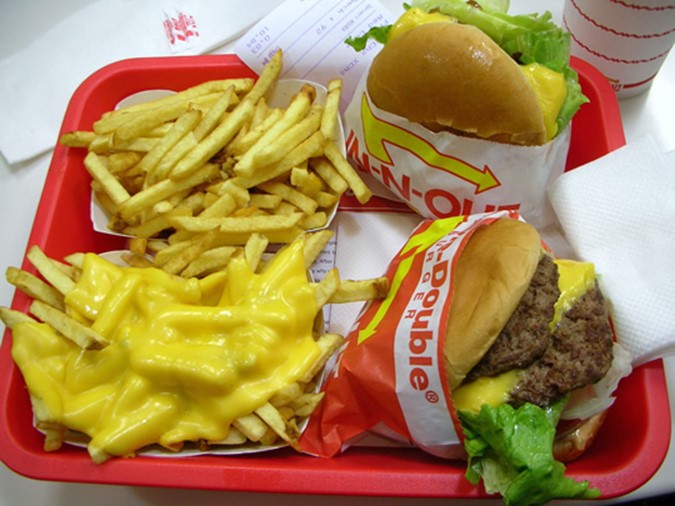
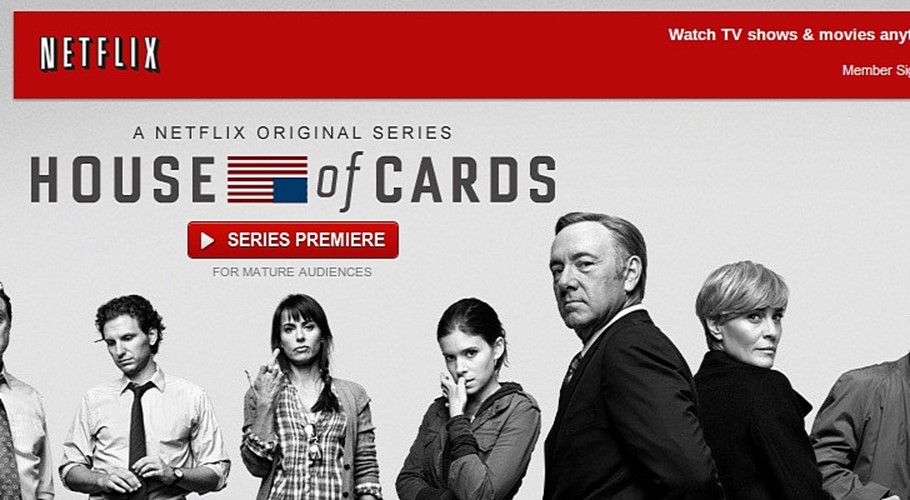

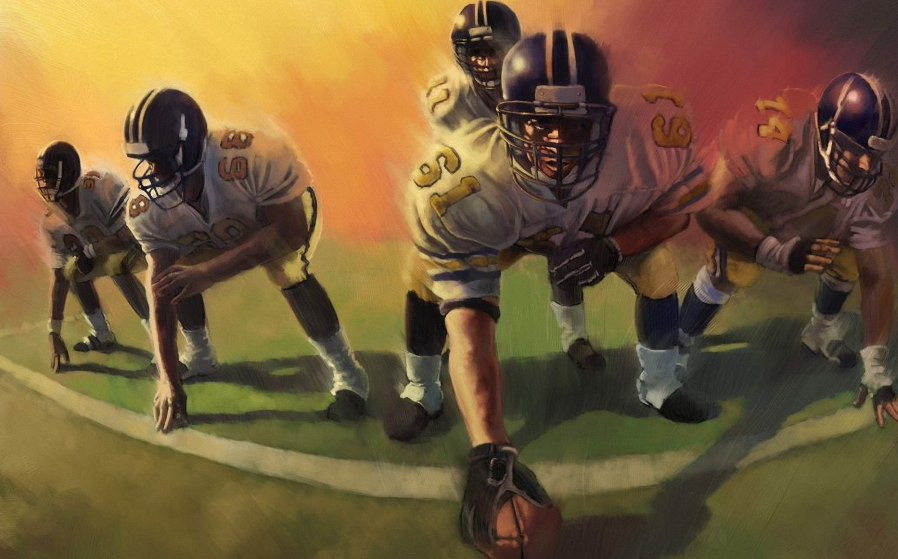
Join the Discussion! (No Signup Required)